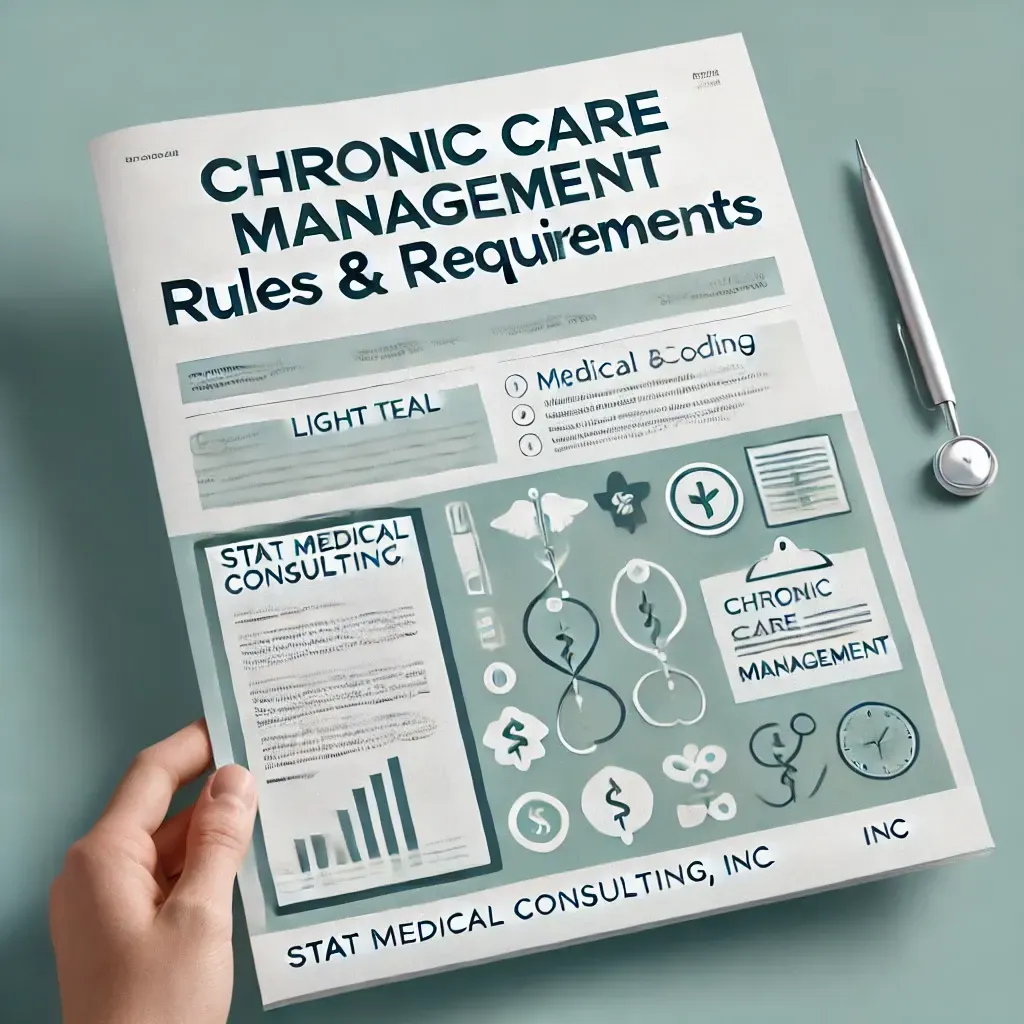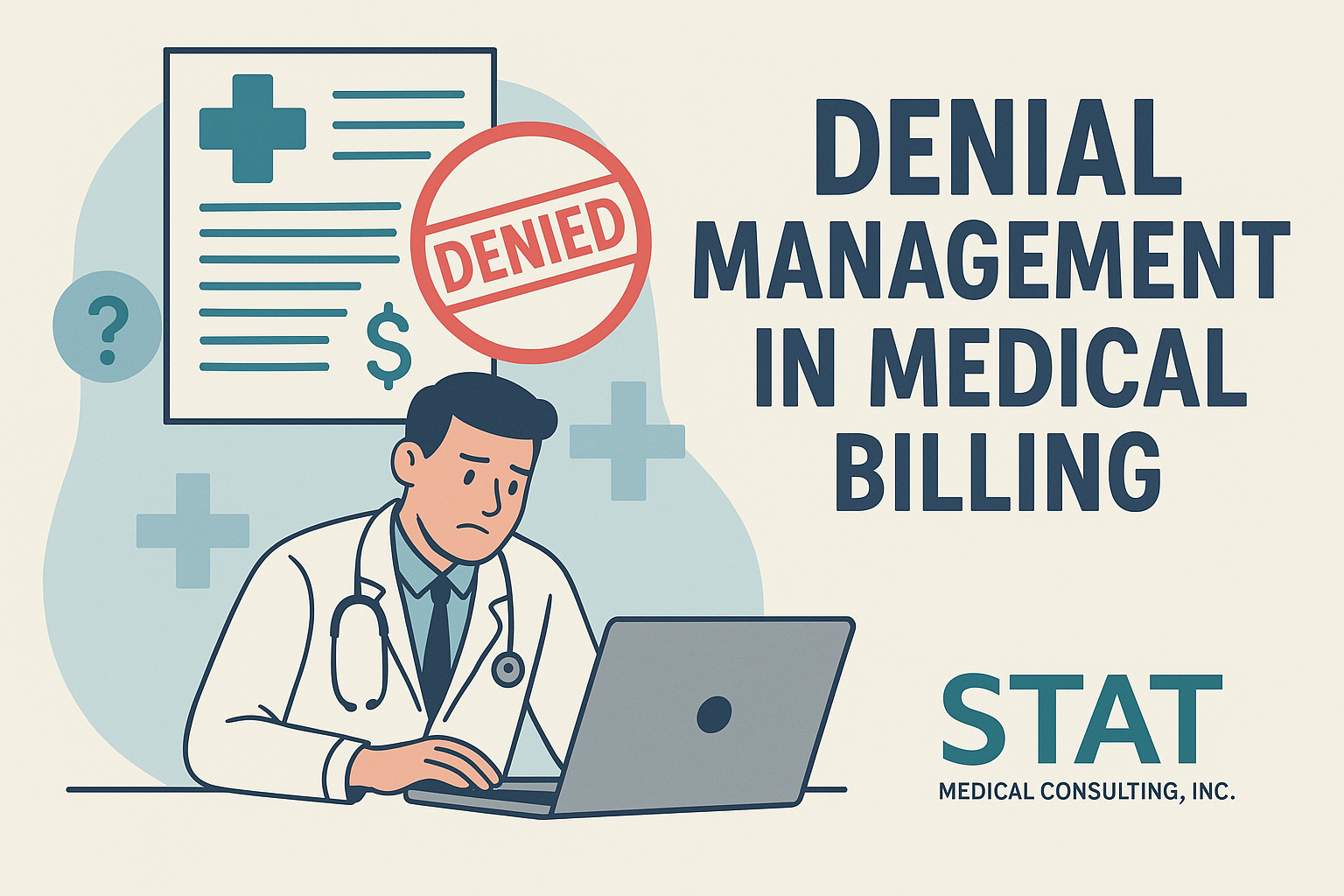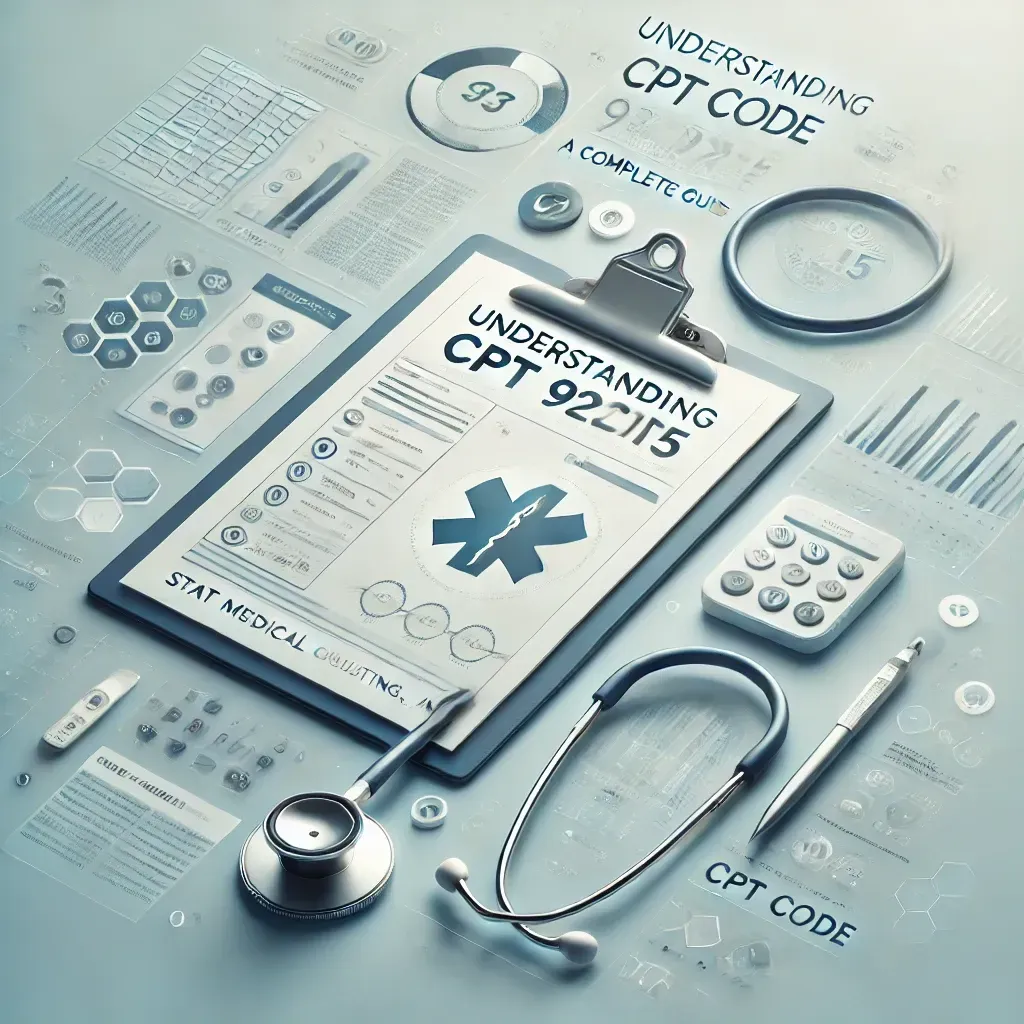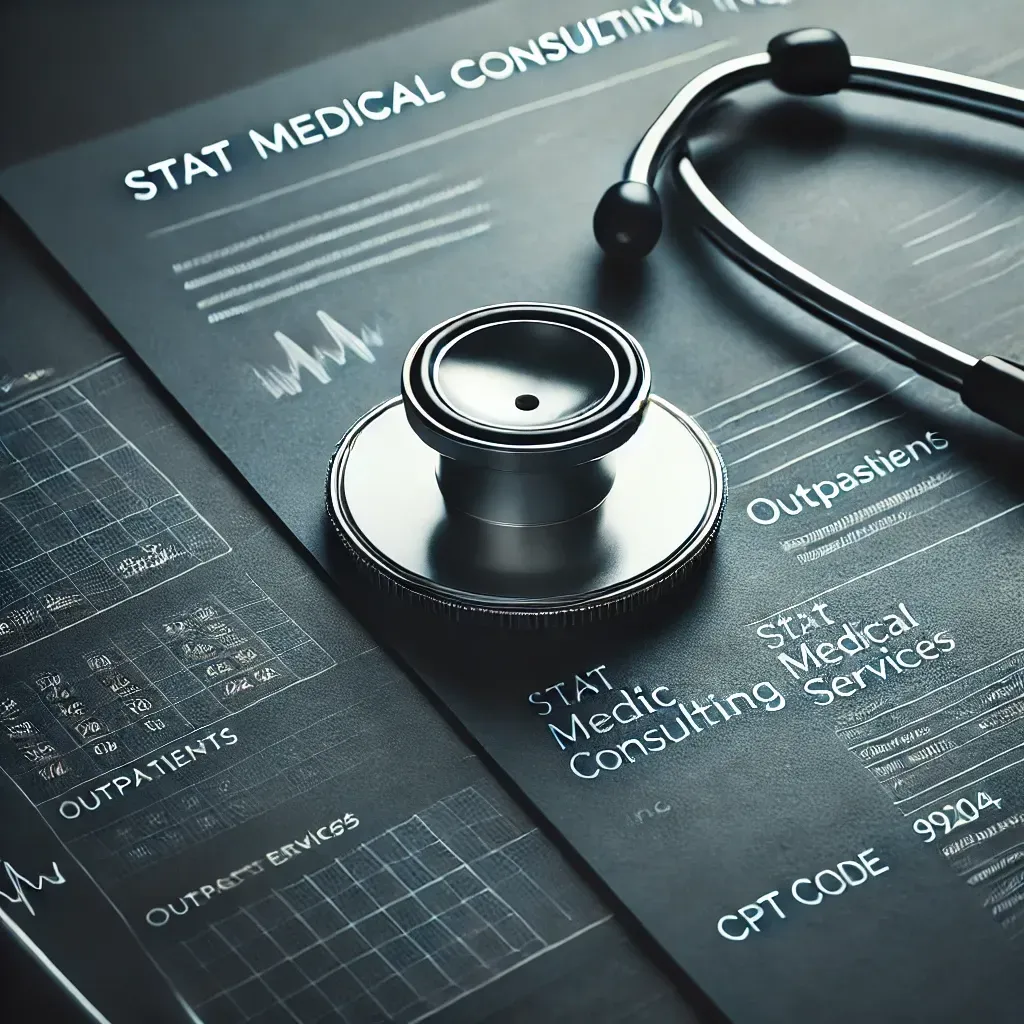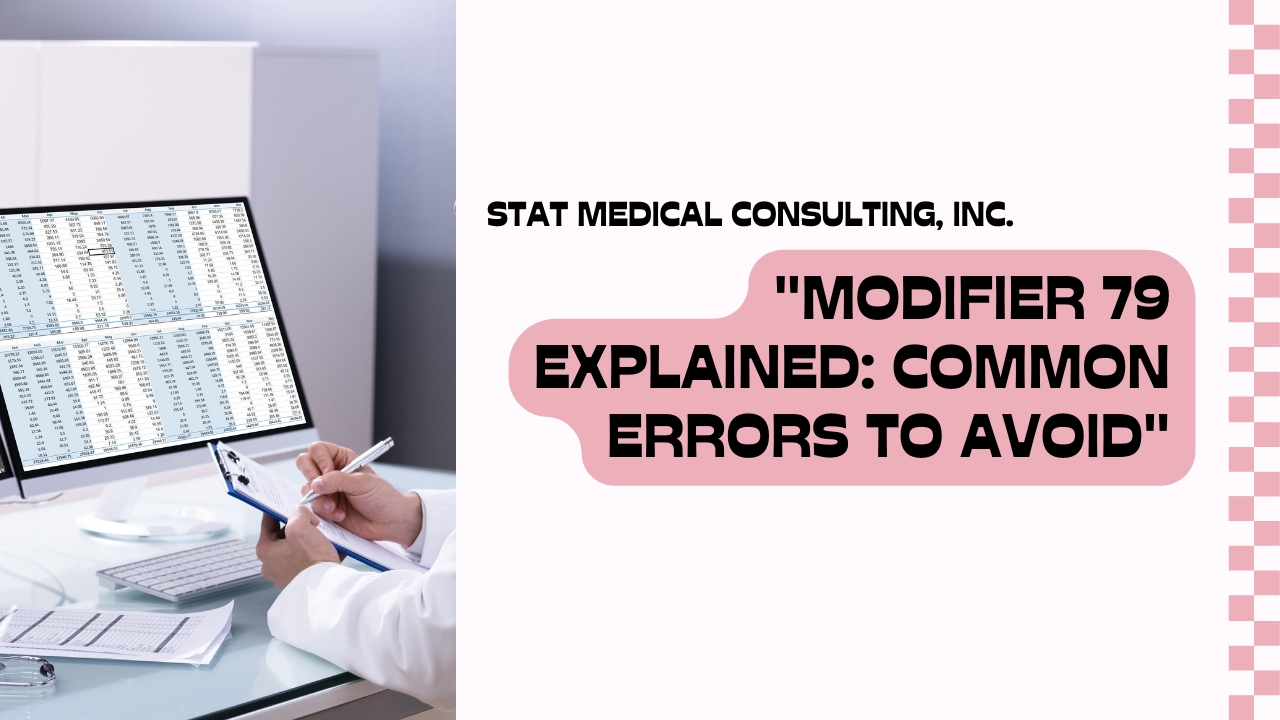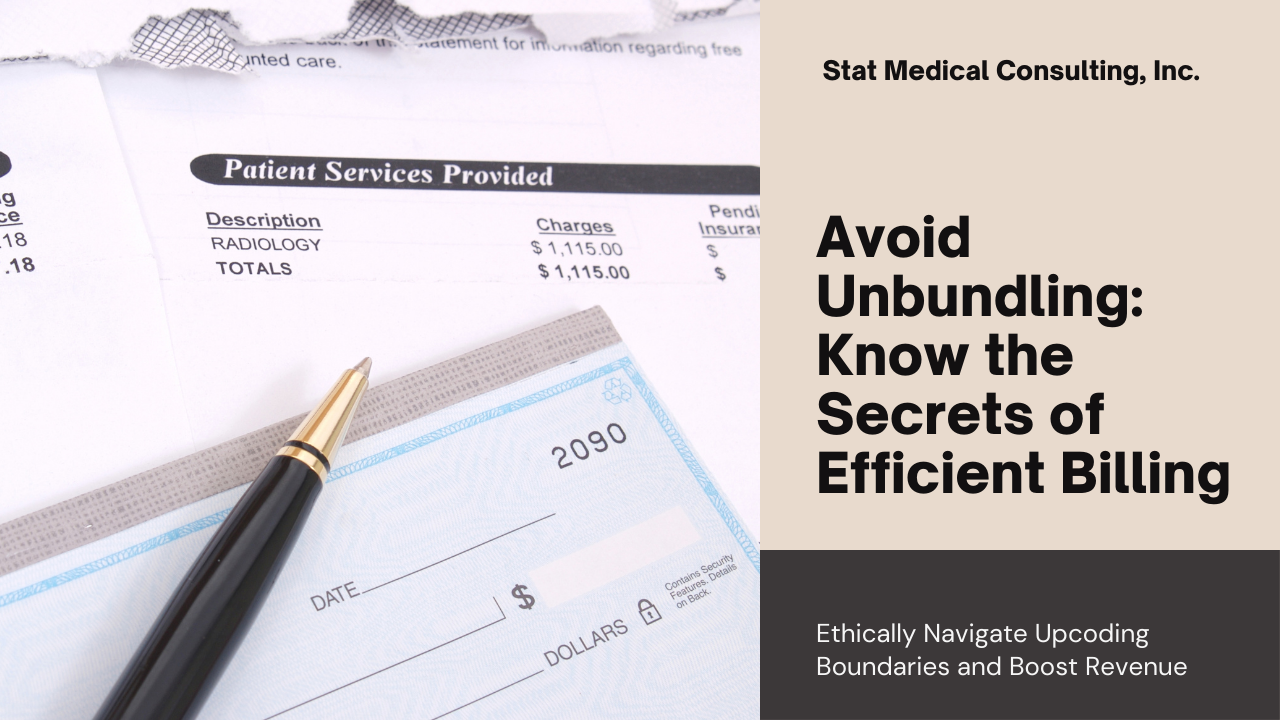AUTOMATED HIPAA COMPLIANCE
What is Automated HIPAA Compliance
Automated HIPAA compliance refers to the use of technology, software, or automated systems to facilitate and streamline adherence to the Health Insurance Portability and Accountability Act (HIPAA) regulations within healthcare organizations. Tech companies design specific software for healthcare organizations to utilize to ensure compliance with HIPAA laws by streamlining various aspects of healthcare operations, including managing claims and ensuring secure handling of patient data. The use of these software or programs in healthcare organizations is called Automated HIPAA Compliance.
Automated HIPAA compliance software is a third-party tool or a centralized software by HIPAA
Automated HIPAA compliance software is typically a third-party tool or solution developed by specialized software companies or vendors. It is not a centralized software directly provided by HIPAA, as HIPAA itself is a set of regulations and standards for safeguarding protected health information (PHI) in the healthcare industry, enforced by the U.S. Department of Health and Human Services (HHS).
What are the key features and benefits of using automated tools or software for HIPAA compliance?
In any field, the benefits of adopting technology are abundant. However, when it comes to automated HIPAA compliance, here are 10 features that distinguish it from typical compliance methods and which we cannot experience:
Efficiency
Real-time Monitoring
Consistency and Accuracy
Risk Assessment and Mitigation
Documentation and Reporting
Task Automation
Adaptability to Changes
Cost and Resource Saving
Enhanced Security Measures
Staff Training and Education
Efficiency: Automated HIPAA compliance tools streamline compliance tasks, reducing manual efforts and time required for documentation, monitoring, and reporting.
Real-time Monitoring: Automated HIPAA compliance provides continuous monitoring of security measures and data access, promptly identifying and addressing potential breaches or risks.
Consistency and Accuracy: Automated HIPAA compliance ensures uniformity in compliance measures across the organization, minimizing human error and ensuring consistent adherence to HIPAA standards.
Risk Assessment and Mitigation: Automated HIPAA compliance tools often include built-in risk assessment features, identifying vulnerabilities, and suggesting mitigation strategies to enhance data security.
Documentation and Reporting: Automated HIPAA compliance generates comprehensive audit logs, reports, and documentation necessary for compliance, simplifying the demonstration of compliance efforts during audits or assessments.
Task Automation: Repetitive compliance tasks, such as updates, alerts, or access control management, can be automated, freeing up human resources for more critical compliance-related activities.
Adaptability to Changes: Automated HIPAA compliance tools quickly adapt to evolving HIPAA regulations and technological advancements, ensuring that the organization remains compliant without significant delays in implementing updates.
Cost and Resource Savings: Automated HIPAA compliance reduces the need for manual labor and decreases the risk of non-compliance penalties, potentially saving costs associated with breaches or violations.
Enhanced Security Measures: Automated HIPAA compliance systems often incorporate robust security protocols, encryption, and access controls, strengthening overall data protection measures.
Staff Training and Education: Automated HIPAA compliance tools offer training modules and educational resources, improving staff understanding of HIPAA regulations and best practices.
How does Automated HIPAA compliance ensure continuous compliance with changing HIPAA regulations and standards?
Automated HIPAA compliance systems adapt to changes or revisions in HIPAA regulations through several methods:
Real-time Monitoring: Automated HIPAA compliance systems continuously monitor regulatory bodies and official sources for any updates or revisions to HIPAA regulations. They leverage automated mechanisms to track changes as soon as they are announced or published.
Automated Alerts and Notifications: Once changes are detected, automated systems promptly notify designated compliance officers or relevant personnel. These alerts highlight the specific modifications in HIPAA regulations, ensuring swift awareness within the organization.
Update Integration: Automated HIPAA compliance systems are designed with the capability to integrate new regulatory requirements seamlessly. They incorporate the revised rules or standards into their framework, often through automated updates or patches.
Documentation and Policy Management: Automated HIPAA compliance systems assist in updating and managing documentation related to HIPAA compliance. They streamline the process of revising policies, procedures, and guidelines to align with the updated regulations.
Centralized Control: Automated HIPAA compliance systems often offer centralized control over compliance-related tasks. Compliance officers can implement changes uniformly across the organization, ensuring consistency in adopting the updated HIPAA requirements.
Training and Educational Resources: Automated HIPAA compliance solutions provide training modules or educational resources that specifically cover the changes in HIPAA regulations. This aids in educating staff about the revised compliance measures.
Adaptive Framework: Automated HIPAA compliance systems are built with an adaptable framework that allows for quick integration of new compliance measures. They can swiftly adjust their functionalities and workflows to accommodate the updated regulations.
Do these automated solutions cater to various sizes of healthcare organizations, from small practices to large hospitals?
Yes, automated HIPAA compliance solutions are designed to cater to healthcare organizations of various sizes, ranging from small practices to large hospitals or healthcare networks. These solutions offer scalability and flexibility to accommodate the diverse needs and capacities of different-sized entities within the healthcare industry.
A) Automated HIPAA compliance solutions often come with scalable features that can be tailored to fit the specific requirements of different-sized organizations
B) Automated HIPAA compliance solutions offer customization options that allow organizations to adapt the software to their unique needs.
C) Automated HIPAA compliance solutions provide pricing models or packages suitable for smaller practices, ensuring that compliance tools are accessible and cost-effective for organizations with limited resources.
D) Automated HIPAA compliance systems are designed to be user-friendly and easy to implement
E) Providers of these solutions often offer training and support services to assist organizations of varying sizes in effectively implementing and using the compliance software. Regardless of size, these solutions cover the fundamental aspects of HIPAA compliance, such as documentation management, security measures, risk assessment, monitoring, and reporting, catering to the compliance needs of all types of healthcare entities.
Conclusion
The evolution of technology has revolutionized the healthcare landscape, and the implementation of automated HIPAA compliance solutions stands as a testament to its transformative power. These advanced systems offer an array of benefits, from streamlining documentation management to ensuring real-time monitoring and adaptation to changing regulatory landscapes. At Stat Medical Consulting, Inc., we recognize the paramount importance of maintaining robust compliance measures in safeguarding patient health information. As a result, we are committed to embracing the advantages offered by automated HIPAA compliance solutions.
As we embrace these advancements, Stat Medical Consulting, Inc. stands poised to navigate the ever-evolving landscape of HIPAA compliance, ensuring the confidentiality, integrity, and availability of patient health information in an increasingly digital world.
